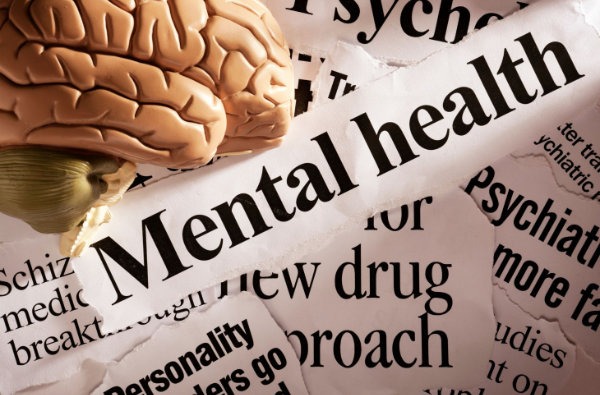Introduction
We live in a digital-first world. From waking up to phone alarms to scrolling social media before bed, technology surrounds us 24/7. While digital tools bring convenience and global connectivity, they also impact our mental health in ways we often ignore.
In 2025, mental well-being is one of the biggest health challenges. Stress, anxiety, and depression have increased due to constant notifications, information overload, and digital addiction. This article explores how the digital era affects mental health and how to build resilience without disconnecting from technology completely.

1. The Hidden Costs of Digital Overuse
Technology is not the enemy. The problem lies in overuse and lack of balance. Research shows:
- 📱 Average person spends 6–8 hours daily on screens.
- 🌐 Social media algorithms increase comparison, FOMO, and self-doubt.
- 💻 Work-from-home blurs boundaries, causing burnout.
- 🎮 Gaming & streaming addictions affect sleep cycles.
👉 These habits silently drain energy, reduce focus, and increase stress hormones like cortisol.
2. Common Mental Health Issues in the Digital Age
1. Digital Anxiety
Constant notifications and fear of missing updates lead to overthinking and restlessness.
2. Sleep Disorders
Blue light from screens reduces melatonin, making it harder to sleep deeply.
3. Social Comparison Syndrome
Seeing “perfect lives” online makes people feel inadequate, lowering self-esteem.
4. Isolation Despite Connectivity
Ironically, digital platforms connect us globally but reduce real-life human interactions, causing loneliness.
3. Building Mental Resilience in 2025
To survive and thrive in this digital era, we need a digital wellness strategy.
🧘 1. Mindful Technology Use
- Set screen time limits.
- Schedule “tech-free hours” daily.
- Practice mindfulness meditation to reduce anxiety.
🌙 2. Protect Your Sleep
- Turn off devices 1 hour before bedtime.
- Use blue light filters on phones/laptops.
- Read physical books instead of scrolling at night.
👥 3. Strengthen Human Connections
- Meet friends and family offline.
- Prioritize real conversations over virtual likes.
- Join community or fitness groups.
🏃 4. Move Your Body
Exercise is a natural antidepressant. Just 20 minutes of walking lowers stress and sharpens focus.
✍️ 5. Digital Detox
Take one weekend every month away from social media to reset your brain.
4. Role of Technology in Mental Health Solutions
Interestingly, the same digital world that causes problems also offers solutions:
- Mental Health Apps → Headspace, Calm, BetterHelp.
- AI Therapists & Chatbots → Accessible 24/7 for stress management.
- Wearables → Track stress levels, sleep patterns, and breathing.
- Online Therapy → Breaks stigma, makes mental health care affordable.
5. Future Trends in Mental Health (2025 and Beyond)
- Digital Minimalism: People choosing quality over quantity in online time.
- AI-Powered Wellness Coaches: Personalized daily plans for stress and balance.
- Workplace Mental Health Policies: Companies promoting “digital wellness breaks.”
- Neurotechnology: Brain-computer interfaces helping with anxiety and depression.
Conclusion
The digital age is here to stay, and it’s shaping how we think, work, and live. Instead of rejecting technology, the key is balance. Use digital tools wisely, set healthy boundaries, and prioritize real-life experiences.
In 2025, the strongest minds will not be those who are always online but those who control their screen time, protect their peace, and choose balance over burnout.
